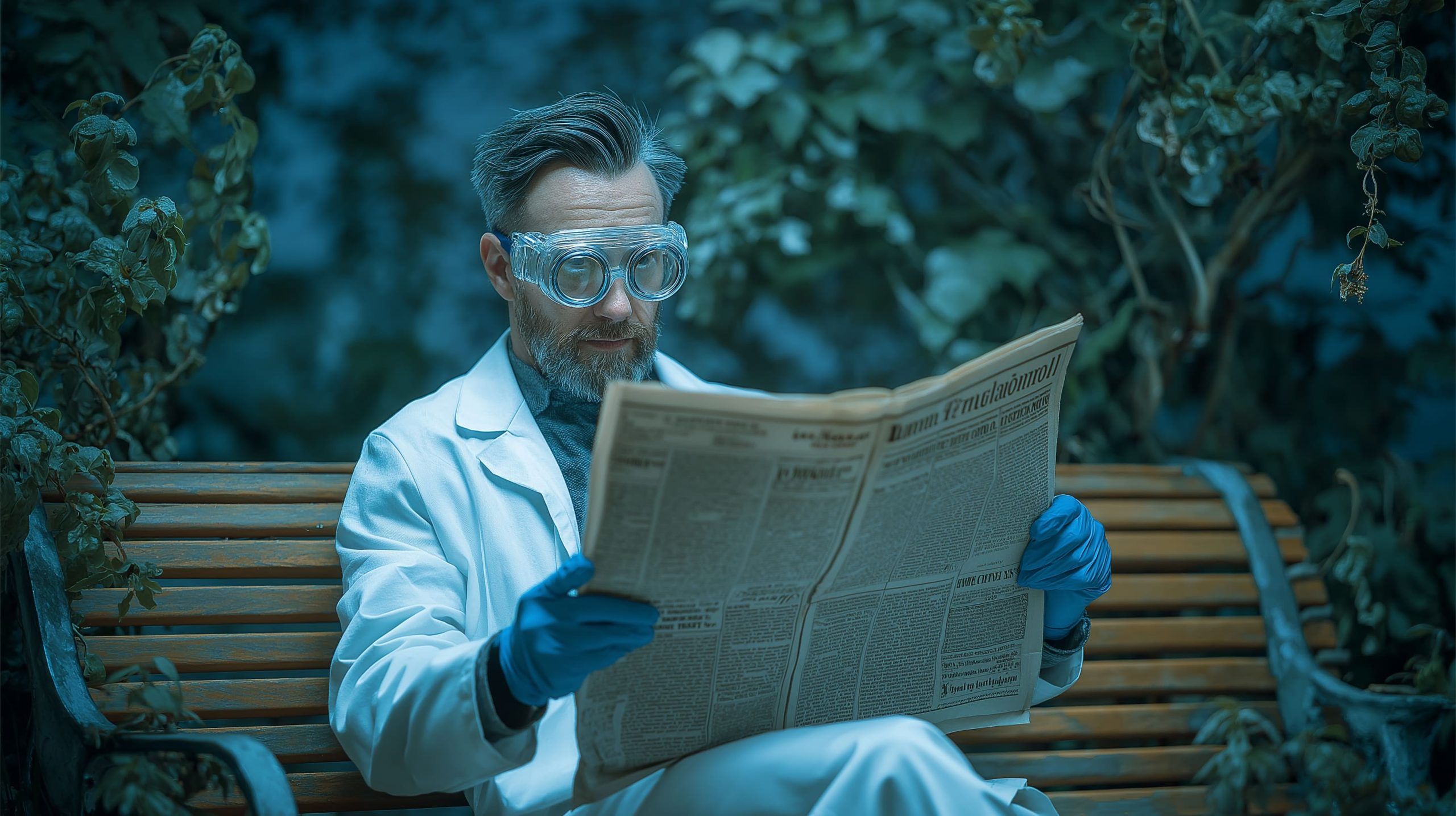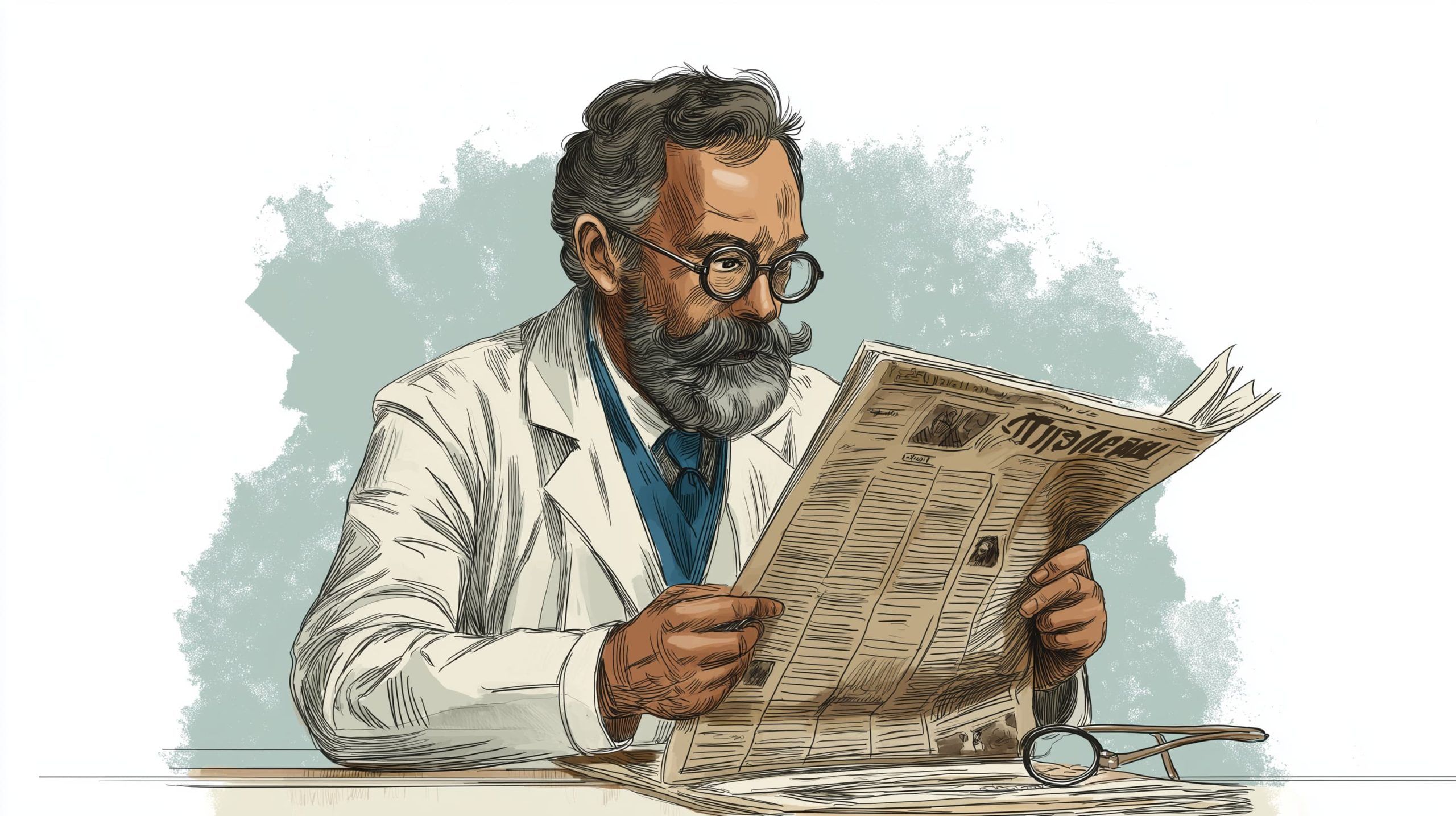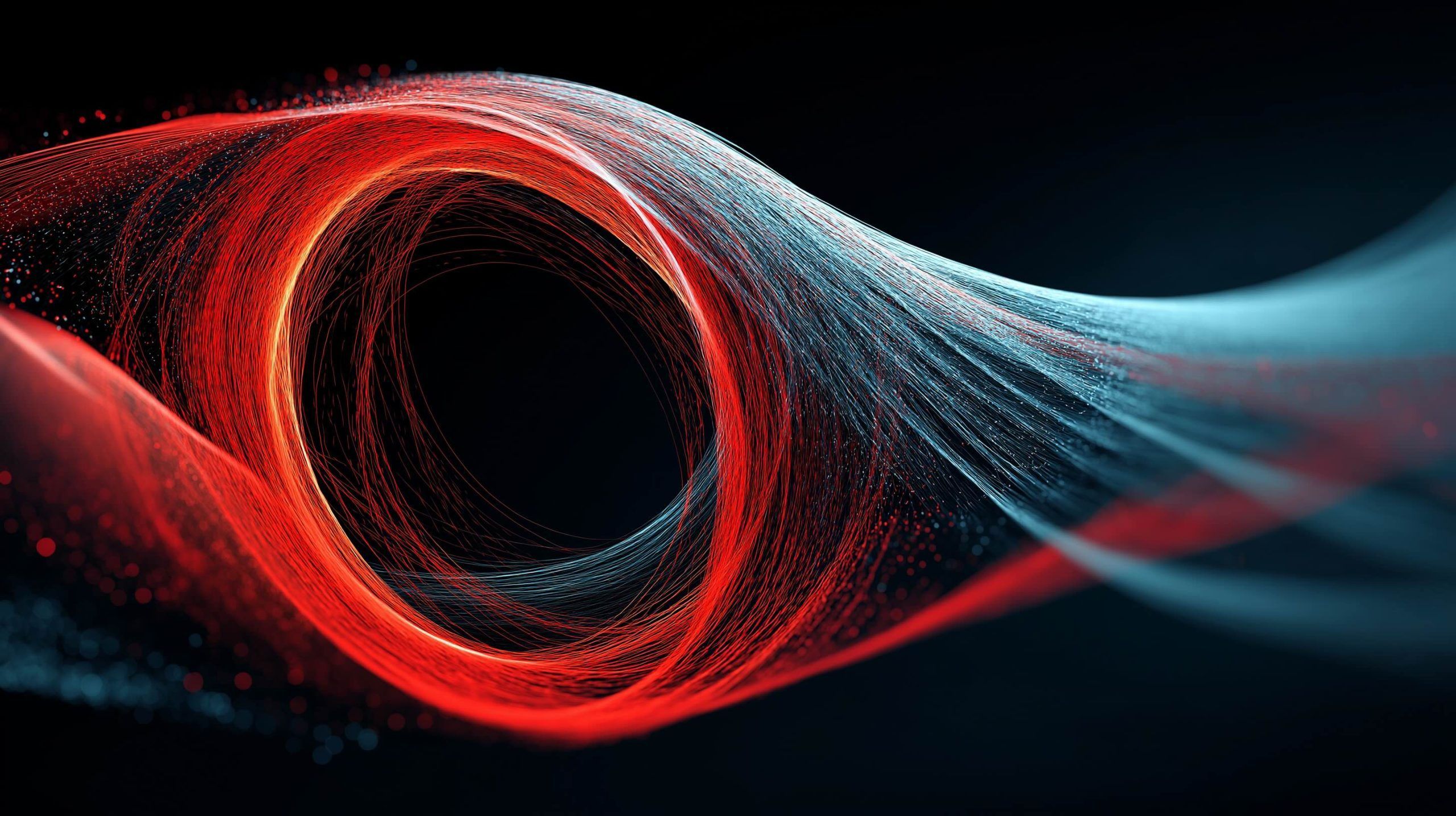
Zombie Star, Planet Birth & AI Breakthroughs: Science News Roundup (Sep 8–9, 2025)
Key Facts Space & Astronomy Planet Birth Caught in the Act: For the first time, astronomers have directly spotted a young planet forming inside the gap of a ringed disk around a sun-like star sciencedaily.com sciencedaily.com. The newborn exoplanet, named


